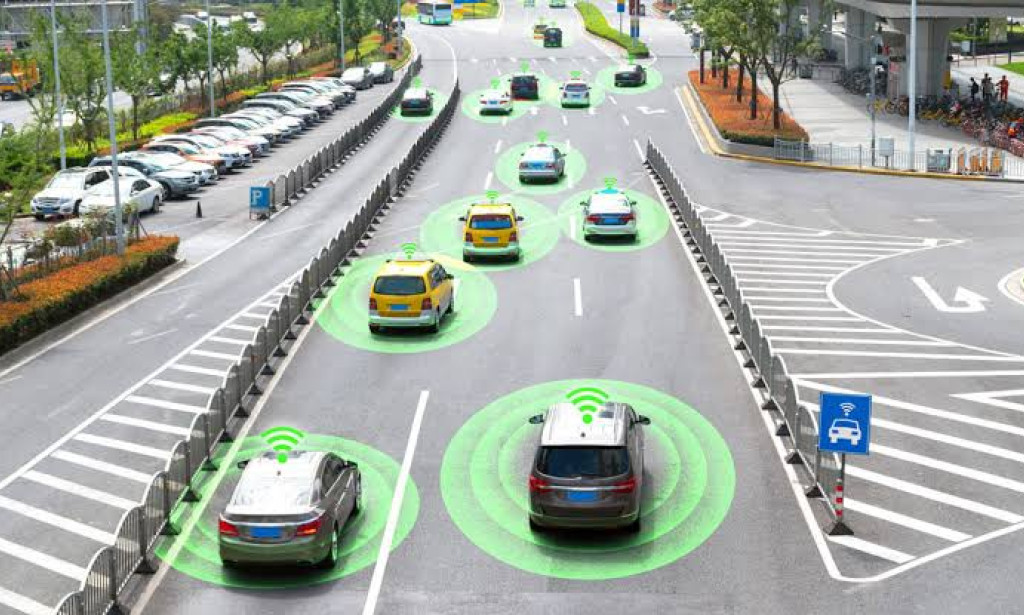Recent technological breakthroughs and a rise in environmental consciousness have caused a revolutionary shift in the transportation sector toward efficiency and sustainability. The proliferation of electric vehicles (EVs) is one of the most important developments influencing transportation in the future. The number of electric cars on the road topped 10 million globally in 2020, according to the International Energy Agency, signaling a turning point in the shift away from conventional fossil-fueled automobiles. Leading the push have been businesses like Tesla, who have shown that EVs can be both highly performing and aesthetically pleasing in addition to being environmentally friendly.
Logistics will be revolutionized by the introduction of autonomous vehicles, especially in the freight transport sector. With its advanced sensors and artificial intelligence (AI) algorithms, autonomous trucks have the potential to improve delivery times, lower labor costs, and increase safety. This move towards automated freight transport is best illustrated by Waymo's autonomous truck pilot programs in the US, which show notable advancements in technological adoption.
In addition, the drive towards sustainable fuels like biofuels and hydrogen seeks to lower carbon emissions from all forms of transportation. For example, compared to battery-powered EVs, hydrogen-powered cars have longer ranges and require less time to refuel, making them appropriate for heavy-duty transport applications. Companies like Toyota and Kenworth working together to create hydrogen fuel cell trucks is a testament to the industry's dedication to researching alternate energy sources.


You must be logged in to post a comment.